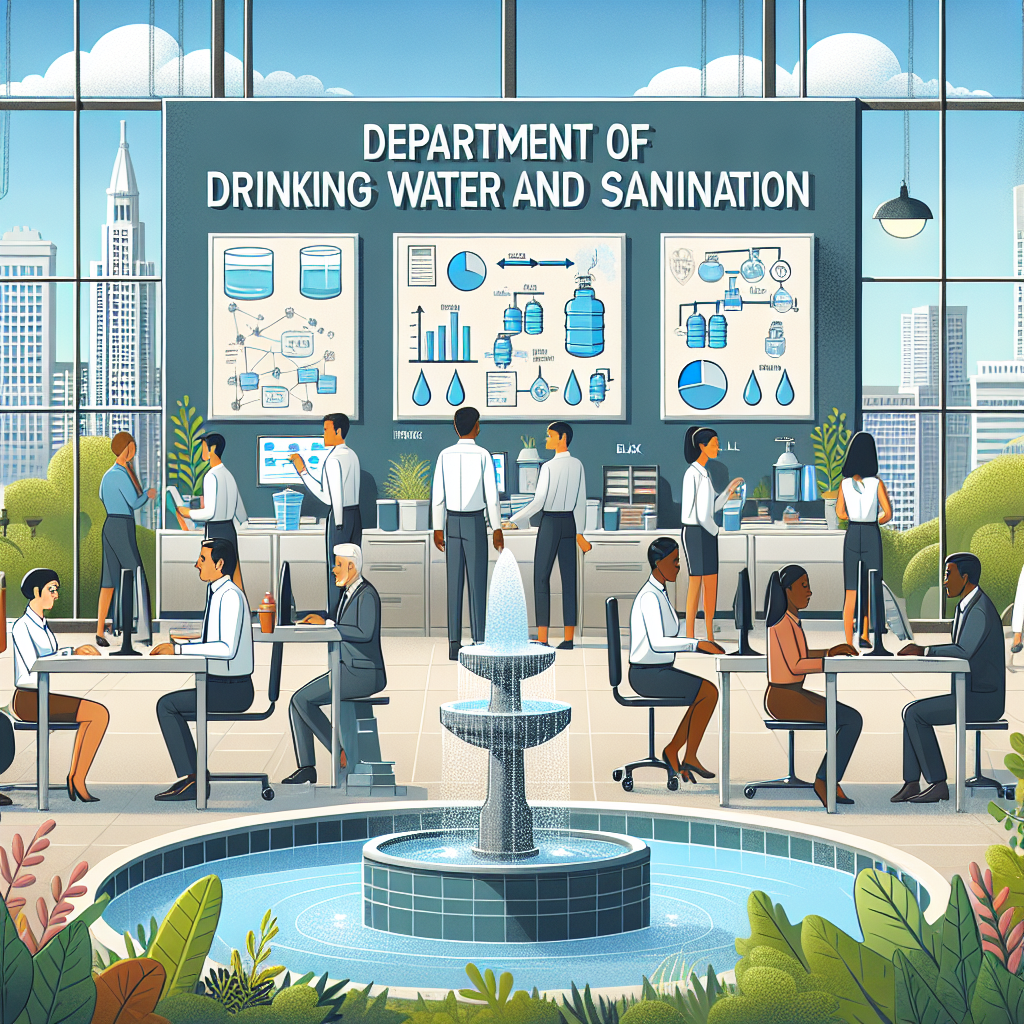Rural India's Ingenious Path to Sanitation Success
India's rural communities are adopting innovative waste management strategies to combat sanitation challenges. From plastic-for-meals initiatives to tourism-funded waste systems, local leadership is key in achieving the ODF Plus Model status. These efforts underscore a shift towards community-driven and economically viable sanitation solutions.

- Country:
- India
Rural India is making strides in sanitation through creative solutions that foster community involvement. Across the country, villages are achieving the ODF Plus Model status by employing unique waste management tactics, such as exchanging plastic for meals and utilizing tourism revenues.
Local leaders are at the forefront of these efforts, turning waste issues into opportunities for community development. For instance, in Haryana, Suman Dangi's innovative plastic-for-meals program has not only reduced plastic waste but also addressed hunger. Similarly, in Uttar Pradesh, an initiative offers sanitary pads in exchange for plastic waste, tackling both pollution and menstrual hygiene.
These grassroots initiatives reflect a broader trend across rural India: solving sanitation challenges through locally tailored strategies. With over 1,825 rural plastic waste units established by the government, the emphasis remains on sustaining achievements while ensuring community-led efforts continue to thrive.
(With inputs from agencies.)










